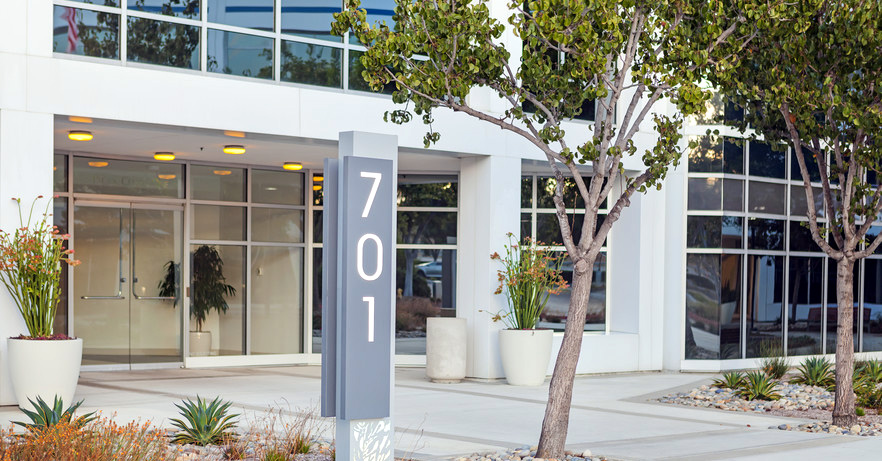NOTICE: Used vehicle purchases are no longer covered by the California Lemon Law.
California Lemon law – Vehicles Purchased or Leased New Only.
- The automobile manufacturer is responsible to take back the lemon vehicle, not the dealer.
- You are responsible to keep your repair documents as proof of your repair visits.
- The automobile manufacturer is responsible to pay attorneys fees and costs.
- You are responsible to clearly state the symptom/complaint on the warranty Repair Order.
- The automobile manufacturer has no legal requirement to follow the lemon law if you choose to communicate with them directly, and not use an attorney to represent you.
- The California lemon law has what is known as a “mileage offset” (usage charge), which can often be negotiated more favorably for the consumer than if a consumer attempts to do this themselves, as the consumer cannot bring a lawsuit without representation by an attorney.
- The automobile manufacturer, under our statute, is allowed a “reasonable” number of warranty repair attempts to correct the defective condition/symptom.
Our California Lemon Law was designed to protect consumers’ rights over the purchase or lease of a new motor vehicle that does not conform to the manufacturer’s warranty after a “reasonable” number of repair attempts, or after an unreasonable number of days in the dealer’s shop for repairs. The automobile, truck, van or SUV can be new, used, financed or leased, or owned outright. So long as the vehicle was purchased “new or used”, in California, and is covered by a manufacturer’s warranty, then the California lemon law can apply.
Thousands of frustrated consumers trade-in their vehicles each year to car dealerships due to repeated repair attempts, breakdowns, and fear of “the next time” the vehicle fails or malfunctions. Car dealerships often prey on these consumers by offering-up sales lines like “we will get you out of your car”, which is nothing more than the dealership selling another vehicle, and taking the consumers in trade to make yet another sale. The unknowing consumer often loses thousands of dollars in the dealership’s “goodwill” trade-in “offer”. In worse-case scenarios, the consumer loses all equity in his/her trade in, or worse yet owes more than his/her trade-in vehicle is appraised-for, with the dealership carrying over the “negative equity” into the next sales contract!
It is vitally important for consumers to realize that the car dealership is not responsible for buying back or replacing a consumer’s vehicle that turns out to be a “lemon”. The dealership’s responsibility in their franchise agreement is simply to repair vehicles to conform to the manufacturer’s warranty. The manufacturer is the party that is ultimately responsible for repurchasing or replacing a “lemon” vehicle. All too often consumers waste valuable time and effort asking the dealer to buy-back or replace their vehicle, much to their growing frustration.
So what do you do if you think your vehicle is a lemon? California’s Lemon Law is consumer-friendly, which means you can go directly to a Lemon Law Attorney for legal representation and “get out” of your “lemon”. California’s Lemon Law even has a “attorneys fees” provision! A Lemon Law claim settled or “won” by an attorney for a consumer can accomplish 2 goals: One, the vehicle is repurchased by the manufacturer and monies invested refunded, less a “mileage offset” (or in some cases a new replacement vehicle). Two, the vehicle’s title is “branded” to identify it as a Lemon Law repurchase by the vehicle’s manufacturer.
So what kind of paperwork do you need to bring forth a California lemon law claim, and have a “case”? There are the 4 basics:
1. Purchase or Lease Agreement
2. Current vehicle registration
3. Evidence of who the car loan or lease is with.
4. All repair order INVOICES for all warranty visits.
5. (if applies) CURRENT repair order if vehicle is currently in the dealers shop.
Our California Lemon Law has been around a long time, and countless thousands of consumers have taken advantage of it. With the California Lemon Law, the expression “a little knowledge goes a long way” is very appropriate. Read through the pages of this website and take a closer look…



